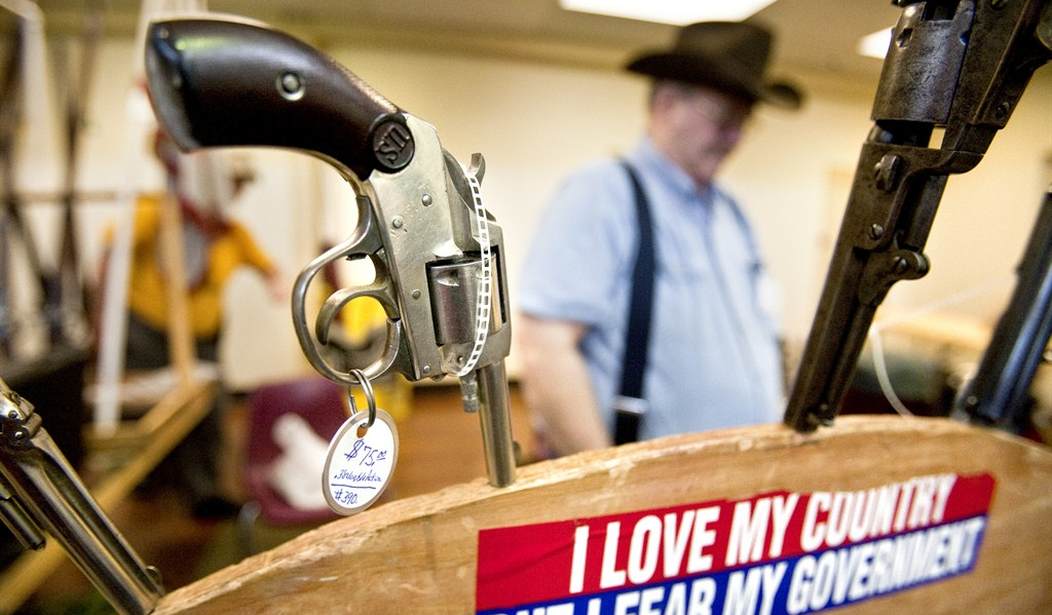One of the greatest powers We the People have given the government is to take away children from their parents when there’s evidence of abuse. Like most powers, this can be dangerous and weaponized by people both in and out of government.
It turns out that this has been happening in Texas because of their anonymous reporting system. Emma Camp at Reason Magazine reports the following:
Texas Tries To Rein in False Accusations of Child Abuse
The state legislature passed a law to limit anonymous reports to its child abuse hotline.
A bill designed to limit false accusations of child abuse is now heading to Texas Republican Gov. Greg Abbott’s desk—one of several attempts to reform the state’s Department of Family and Protective Services (DFPS).
The bill was introduced last November by Texas state Rep. Valoree Swanson (R–Spring). The bill—which has largely gained support along partisan lines—will ban anonymous reports to the state’s child abuse hotline—instead requiring all callers to provide their name, phone number, and address. The bill also requires reporters of abuse to include “the facts that caused the individual to believe the child has been abused or neglected and the source of the information.”
While anonymous reports of abuse and neglect to the state’s hotline are prohibited under the legislation, the identity of those reporting abuse will remain confidential, except to DFPS and law enforcement officials. These measures, according to the bill’s supporters, are specifically designed to limit false accusations of child abuse.
This looks like a reasonably written bill. Anonymous complaints can be wielded as a weapon. I know this from personal experience; one of my friends is a divorced mom who is very attentive and caring of her children. One fine day, she was investigated by a state agency because of an anonymous complaint that she was exploitative and paying the nanny less than the state-mandated living wage. My friend was put through the investigative wringer and came out clean in the end. The State won’t tell her who filed the complaint, although it’s obvious to everyone who had the motivation to subject her to this sort of harassment.
“As Texans, we need to ensure the safety of our children in any situation. HB 63 will allow for more accountability and protections for those involved in potential CPS and DFPS investigations relating to neglect and abuse,” state Rep. Kevin Sparks (R–Midland) told The Texan.”Without this necessary reform, both agencies will struggle to verify reports and can complicate the issue with hours of wasted time on false accusations.”
Not only do false accusations result in an unpleasant investigation of a parent, but it’s also a big waste of taxpayer resources that ought to be directed to the actual organizational mission.
Opponents have argued that the bill would deter reports of actual child abuse. Kate Murphy, director of child protection policy with the nonpartisan nonprofit Texans Care for Children, told the Texas Tribune that, in 2022, about 1,000 reports of the 12,473 total anonymous calls were found to be substantiated.
Only 1,000 anonymous reports out of 12,473 were substantiated. That’s a shockingly low rate of 8%. That means that a whole 92% of anonymous reports were not substantiated. That’s a colossal mess.
“Unfortunately, if this bill were to pass, those 1,000 children would be left to continue experiencing abuse and neglect or worse,” said Murphy.
Ms. Kate Murphy’s thinking is totally warped. Yes, we understand that she cares about child abuse, and so does everyone else. But when 92% of reports are unsubstantiated, something is seriously wrong. And the 8% of reports substantiated under the previous anonymous reporting regime will likely continue to be substantiated under the new regime that requires capturing the identity of the complainant but keeps it confidential.
HB 63 is one of several recent efforts to reform the way Texas investigates reports of child abuse and neglect. HB 730—which is also headed to Abbot’s desk and would require DFPS workers to notify parents of their rights, including the right to refuse searches, drug tests, or interviews with children—will strengthen the rights of parents subject to a DFPS investigation. If officials want to conduct a search anyway, they’d have to show probable cause to obtain a court order.
“Unfortunately, the DFPS and Child Protective Services can often be used as a weapon. A lot of times we see this in divorce cases,” Sparks told the Tribune. “We probably all know of a circumstance where a family was needlessly traumatized because of an anonymous tip that was ultimately found to be false.”
The same abuse that Texas is addressing with its new laws exist in the case of red flag laws. Red Flag laws make a travesty of due process; the Second Amendment is implicated because the removal of firearms is the outcome. The investigatory process itself is a punishment, especially if you’re poor and can be easily nudged into accepting “deals” to make the problem go away. We don’t know what Tennessee is going to do in its upcoming special session, but these child abuse reporting laws in Texas should show them the dangers on the path.









Join the conversation as a VIP Member